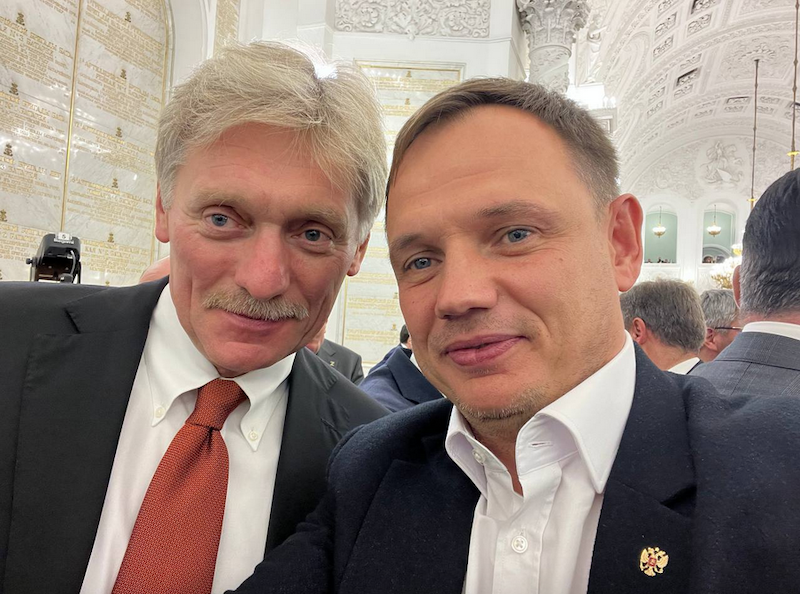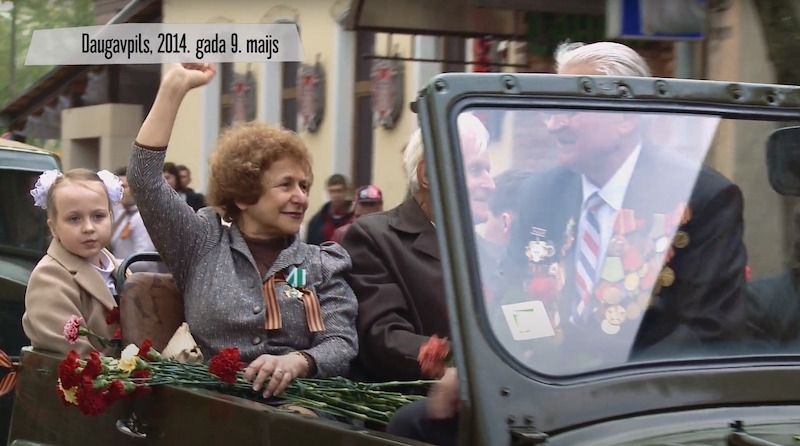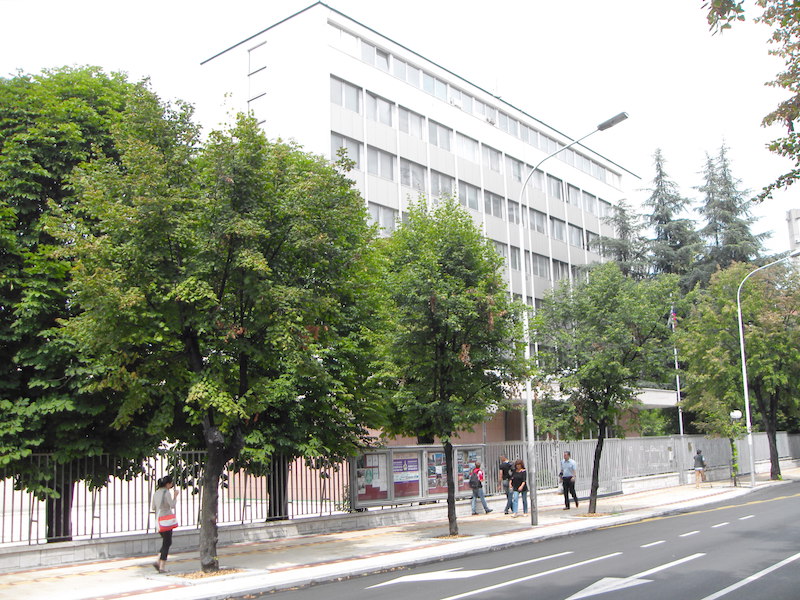A common view of a spy is someone highly intelligent, successful, ambitious and, due to their side hustle, rich.
This may be true in peace-time or in movies, but when the enemy is at the gates, or has already invaded, most spies are different. They aren’t dolled up in tuxedos, sipping Vodka Martinis and driving a gadget-decked Aston Martin, but opportunistic misfits sensing injustice, fearing poverty and prone to greed.
This is what happened in Ukraine when Russia invaded in 2022.
While the Ukrainian military was on the move, the occupiers had to assess the best targets around the country, so needed eyes on the ground. They enlisted hundreds of locals, focusing on those who felt disadvantaged since Ukraine’s independence.
These were Soviet nostalgists, prone to conspiracy theories, and those who were successful many years ago, but had since lost their wealth and influence. Russians promised to bring them from rags to riches as soon as they came to power.
In the occupied areas, such people became collaborators. The last two years of the temporarily occupied regions of Ukraine are dotted with such examples. Here are two of them.
Kyrylo Stremousov used to be a fringe journalist in Kherson, pushing USSR nostalgia and spreading Covid denialism. In spring 2022, he became deputy governor of the occupied Kherson region. Six months later, while the town was still under Russian control, he died in a suspicious car crash.
Liudmyla Byeloushchenko used to be a cinema director in Kakhovka, a now-occupied town on the Dnipro. In the 1990s, Kakhovka couldn’t afford a municipal cinema, so Liudmyla started selling apples on the local market to get by. When the Russians came, she agreed to lead the town’s cultural centre, to help spread Russian propaganda.
The takeaway for other countries is short: paying attention to the disenfranchised pays off, so they won’t become your enemy’s allies in the future.





